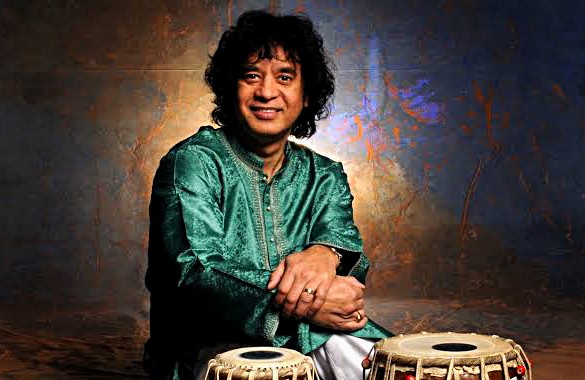
Mahatma Gandhi called Dadabhai Naoroji the “father of the nation,” a title that today is reserved for Gandhi himself. Naoroji by Dinyar Patel examines the extraordinary life of this foundational figure in India’s modern political history, a devastating critic of British colonialism who served in Parliament as the first-ever Indian MP, forged ties with anti-imperialists around the world, and established self-rule or swaraj as India’s objective. It is the first comprehensive study of the most significant Indian nationalist leader before Gandhi.
Naoroji is the first full biography of Dadabhai Naoroji. Born in India in 1825, Naorojimade his mark on both Indian and British politics: he was a founding member of the Indian National Congress as well as the first British MP of Indian origin. An activist throughout his life, he pioneered devastating critiques of British colonialism, served in the British Parliament as the first-ever Indian MP, he forged broad ties with anti-colonialists around the world, and established self-government or swaraj as India’s ultimate objective.

In this intensively researched biography, Patel chronicles how Naoroji’s political career evolved in three distinct phases. As a young man, he embarked upon a sustained economic critique of colonialism, formulating the drain theory, which held the British Raj directly responsible for India’s crippling poverty and a cycle of devastating famines that killed millions of Indians. His ideas upturned the conventional wisdom of the time that colonialism was beneficial for Indian subjects—and put a generation of imperial officials on the defensive.
Naoroji attempted to influence the British Parliament to institute necessary political reforms for India. Having moved to England, he immersed himself in British politics, forging strong links with socialists, Irish home rulers, suffragists, and critics of empire. With these allies, Naoroji clinched his landmark election to the House of Commons in 1892, winning the seat of Finsbury Central. This event was noticed by colonial subjects around the world, with support pouring in from Ireland and South Africa.
Despite his election, Naoroji had to battle against entrenched scepticism. He became disillusioned with parliamentary politics, and radicalised considerably in his later years. He strengthened his ties with British and European socialists, reached out to American anti-imperialists and Progressives, and fully enunciated his demand for swaraj, self-rule. Only self-government, he declared, could remedy the economic ills brought about by British rule in India. Patel’s biography chronicles the life and political beliefs of an extraordinary figure, tracing his influence on Indian politics, where his work inspired both Gandhi and Nehru, and the changes he brought about in British-Indian relations, as he catalysed the forces of anti-imperialism.

Dinyar Patel is Assistant Professor of History at the University of South Carolina. Whilst researching this book he worked in archives in four different countries, in particular consulting the Naoroji papers at the National Archives of India. Here he worked through about 15000 documents, personally cataloguing some of these and piecing together fragments of letters.
Patel has also previously written pieces on Indian history for both BBC News and The New York Times.







